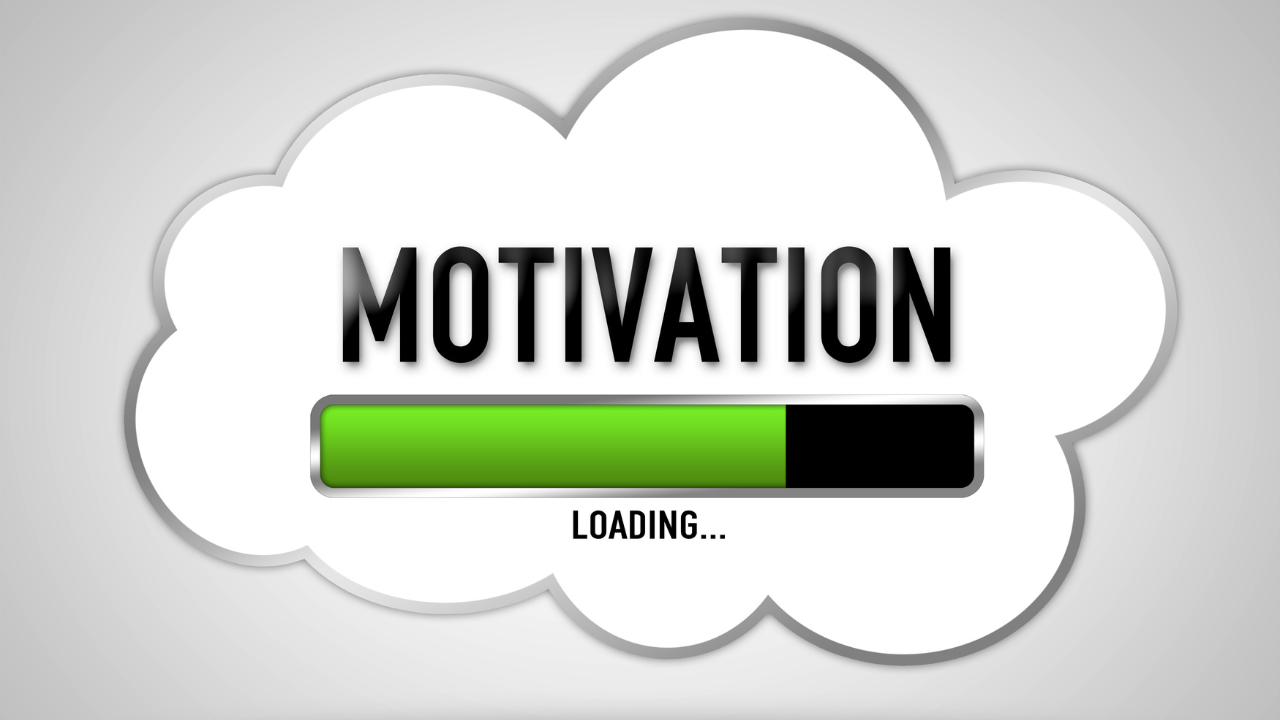
The Truth About Motivation
Mar 17, 2025What if I told you that self-discipline might be the missing piece in your health journey—and that relying on motivation alone could actually be holding you back?
I’ve sat across the room from thousands of patients, each with their own unique story of transformation attempts. And here’s what’s fascinating: the ones who succeed aren’t usually the most motivated during their clinic appointments.
They’re not the ones with the fanciest gym memberships, the latest health apps, or even the strongest desire to change. And that might surprise you.
The Mistake We’re All Making: Relying on Motivation
Let’s start with a question: how many times have you set out on a health journey, fuelled by a surge of motivation? Maybe it was after a worrying blood sugar reading. Perhaps it was when your favourite jeans didn’t fit quite right anymore. Or maybe it was because your GP told you it was time to take control of your health.
That initial spark of motivation feels amazing, doesn’t it? You’re excited, ready to transform your life, and armed with meal plans, workout schedules, and a vision of a healthier you.
But then… life happens.
- You wake up after a terrible night’s sleep, and suddenly that morning workout feels impossible.
- Work gets stressful, and you find yourself reaching for comfort food instead of sticking to your meal plan.
- It’s cold, dark, and rainy outside, and the idea of going for a walk feels like the last thing you want to do.
- A social event pops up, and your carefully planned meals go out the window in favour of “just this once” indulgences.
Sound familiar? This is the cycle so many of us fall into. We start strong, riding the wave of motivation, only to find ourselves slipping back into old habits when life throws us a curveball.
The mistake we’re making is this: we’re building our health foundation on emotional quicksand. Motivation, by its very nature, is temporary. It’s unreliable. It’s like trying to build a house on a foundation that shifts with every change in weather.
Why Relying on Motivation is a Problem
Motivation feels powerful in the moment, but it’s fleeting. When things are going well—when you’re rested, stress-free, and everything is falling into place—it’s easy to stay committed to your health goals.
But what happens when the inevitable challenges arise? Motivation vanishes, just like morning mist under the sun. And when it’s gone, so is the foundation of your health journey.
Here’s the problem: relying on motivation sets you up for a cycle of stop-start progress. You feel amazing when you’re motivated, but the moment life gets tough, you’re back to square one. This cycle can leave you feeling frustrated, defeated, and stuck in a loop of trying and failing.
The Better Way: Building Self-Discipline
So, what’s the alternative? It’s self-discipline. But before you groan, thinking this is going to be a lecture about willpower, hear me out!
Self-discipline isn’t about being perfect. It’s not about never having cravings or always making the “right” choice. It’s simply the ability to do what needs to be done, even when you don’t feel like it.
The good news? Self-discipline isn’t something you’re born with—it’s a skill you can build, one small step at a time. And it’s the key to creating lasting health transformations that don’t rely on fleeting motivation.
In my clinic, I’ve developed five key strategies to help my patients build self-discipline. These strategies have helped hundreds of people go from feeling stuck to achieving real, sustainable health changes. Let’s dive into them.

1. Start with Ridiculously Small Steps
One of the biggest mistakes people make is trying to overhaul their entire lifestyle overnight. Maybe you’ve been there—deciding to completely revamp your diet, start exercising five days a week, and meditate daily, all at once. It’s overwhelming, and it rarely works.
Instead, start small. Really small. For example, don’t pressure yourself to exercise—just set out your workout clothes the night before. That’s it.
Why? Because self-discipline is like a muscle. You wouldn’t walk into a gym and try to lift the heaviest weights on your first day. You’d start small and build up. And after a couple of weeks, something amazing happens: your confidence grows, and those small habits start to compound into bigger changes.
2. Engineer Your Environment
Self-discipline becomes much easier when you’re not constantly fighting against your environment. Many of my patients struggle with late-night snacking, for example. But when we dig deeper, it’s rarely about hunger—it’s about routine, environment, and emotions.
Let’s say you’re snacking while watching TV in the kitchen. The snacks are right there in the cupboard, calling your name. The solution isn’t to “be stronger” or have more willpower—it’s to change the environment. Move the TV out of the kitchen, or reorganize the cupboard so snacks aren’t in plain sight.
By making small changes to your surroundings, you’ll find it much easier to stick to your goals without relying on sheer willpower.
3. Pause and Redirect
When you feel an urge that doesn’t align with your health goals—whether it’s skipping a walk or reaching for a biscuit—pause for 10 minutes. During those 10 minutes, do something else: make a cup of tea, call a friend, or do a quick chore around the house.
What often happens is that by the time those 10 minutes are up, the urge has passed. And even if it hasn’t, you’ve built the crucial skill of pausing before acting.
This isn’t just about food choices—it’s about strengthening the muscle of mindful decision-making.

4. Embrace Setbacks as Learning Opportunities
We all have off days. Maybe you overindulge at a party or skip a workout. The difference between success and failure isn’t about never falling—it’s about how quickly you get back up.
That’s where the “setback protocol” comes in. It’s a simple, non-judgmental plan for getting back on track:
- Acknowledge what happened without judgment.
- Identify one thing you could do differently next time.
- Take one small positive action right now—no matter how small.
For example, if you skipped a workout, your small positive action might be laying out your clothes for tomorrow’s session. The key is to view setbacks as learning opportunities, not evidence of failure.
5. Connect with Your Deeper “Why”
Motivation might fade, but your deeper reasons for improving your health can fuel your self-discipline. It’s not about a number on the scale or fitting
Building self-discipline is the cornerstone of lasting health transformations, far more reliable than the fleeting nature of motivation. By starting small, optimizing your environment, pausing before acting, learning from setbacks, and connecting with your deeper "why," you create a foundation for sustainable change. Good luck
Dr Nerys

